
There have been seven baronetcies created for members of the Lowther family, one in the Baronetage of Nova Scotia, two in the Baronetage of England, two in the Baronetage of Great Britain and two in the Baronetage of the United Kingdom. Two of the creations are extant as of 2008.
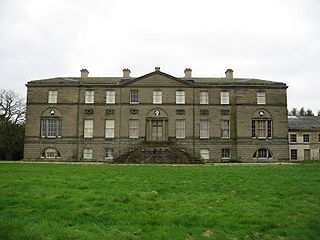
The Broughton, later Broughton-Delves, later Broughton Baronetcy, of Broughton in the County of Stafford, is a title in the Baronetage of England. It was created on 10 March 1661 for Sir Brian Broughton, of Broughton Hall, near Eccleshall, Staffordshire, High Sheriff of Staffordshire from 1660 to 1661 and the member of an ancient Staffordshire family.
There have been five baronetcies created for persons with the surname Clarke, two in the Baronetage of England and three in the Baronetage of the United Kingdom. Two of the creations are extant as of 2010.
There have been a number of creations of baronets with the surname Smith.
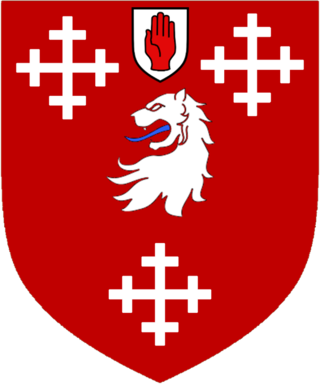
There have been two baronetcies created for members of the Armytage family, one in the Baronetage of England and one in the Baronetage of Great Britain. One creation is extant as of 2008.

There have been three baronetcies created for persons with the surname Burdett, two in the Baronetage of England and one in the Baronetage of Ireland. As of 2008, two of the creations are extant while one is dormant.
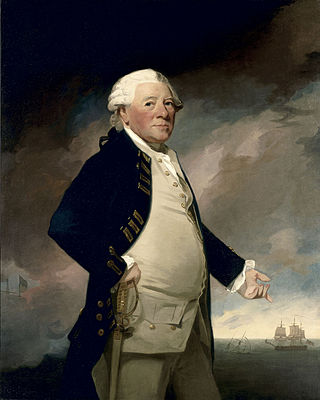
There have been seven baronetcies created for persons with the surname Parker, three in the Baronetage of England, two in the Baronetage of Great Britain and two in the Baronetage of the United Kingdom. Two of the creations are extant as of 2008. Though none of the different families of baronets were related, several supplied a number of flag officers to the Royal Navy.
There have been three baronetcies created for persons with the surname Bellingham, one in the Baronetage of England, one in the Baronetage of Ireland and one in the Baronetage of Great Britain. As of 2014 one creation is extant.
There have been six baronetcies created for persons with the surname Brooke, one in the Baronetage of England, one in the Baronetage of Ireland and four in the Baronetage of the United Kingdom. As of 2015 four of the creations are extant, though one has been subsumed into a peerage.

There have been twenty one baronetcies created for persons with the surname Williams, eight in the Baronetage of England, three in the Baronetage of Great Britain and ten in the Baronetage of the United Kingdom. Only six of the creations are extant as of 2017.
There have been four baronetcies created for persons with the surname Barlow, one in the Baronetage of England and three in the Baronetage of the United Kingdom.
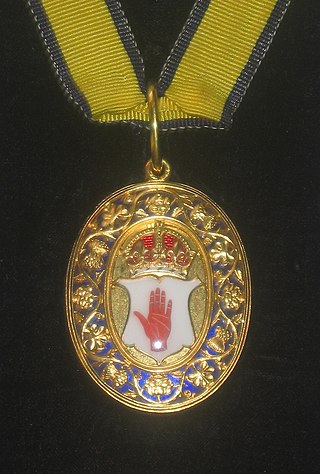
There have been six baronetcies created with the surname of Leigh: two in the Baronetage of England, one in the Baronetage of Ireland, one in the Baronetage of Great Britain and two in the Baronetage of the United Kingdom. The only creation remaining extant is that of Altrincham, while another is dormant.
There have been six baronetcies created for persons with the surname Thomas, three in the Baronetage of England, one in the Baronetage of Great Britain and two in the Baronetage of the United Kingdom. Two of the creations are extant as of 2016.
There have been four baronetcies created for persons with the surname Preston, two in the Baronetage of Nova Scotia, one in the Baronetage of England and another in the Baronetage of the United Kingdom.
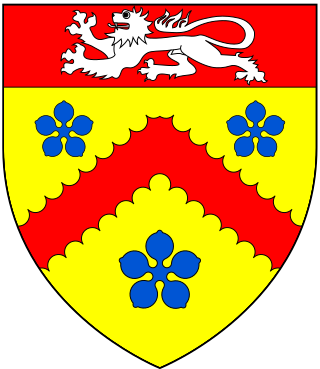
There have been three baronetcies created for persons with the surname Cooke, two in the Baronetage of England and one in the Baronetage of Ireland. One creation is extant as of 2013.

There have been six baronetcies created for members of the Corbet family, four in the Baronetage of England, one in the Baronetage of Great Britain and one in the Baronetage of the United Kingdom. All creations are extinct. The recipients were descendants of the ancient Norman family of Corbet which held substantial estates in Shropshire including Wattlesborough, Caus Castle, Moreton Corbet Castle and Acton Reynald Hall.
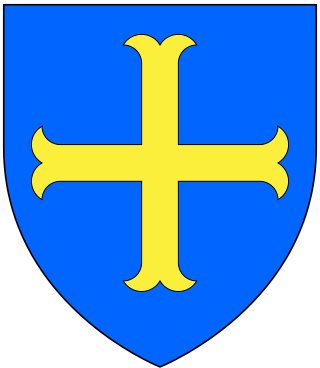
There have been three baronetcies created for descendants of the ancient Norman family of Molyneux who were granted extensive estates in Lancashire after the Norman Conquest.

There have been five baronetcies created for members of the old established family of Peyton of Peyton Hall in the parish of Boxford in Suffolk, all of whom were descended from Sir Robert Peyton of Isleham in Cambridgeshire, grandson and heir of Thomas Peyton (1418–1484) of Isleham, twice Sheriff of Cambridgeshire and Huntingdonshire, in 1443 and 1453. All the baronetcies are extinct.
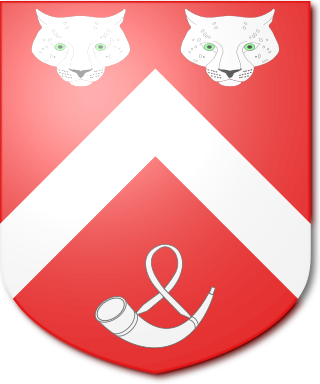
There have been four baronetcies created for members of the Slingsby family who settled at Scriven Hall, Scriven, Knaresborough, Yorkshire in the 14th century.
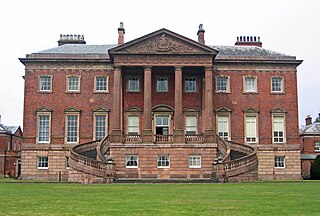
There have been two baronetcies created for persons with the surname Leicester, both in the Baronetage of England. The fifth Baronet of the second creation was raised to the peerage as Baron de Tabley in 1826. Both the barony and the two baronetcies are now extinct.















